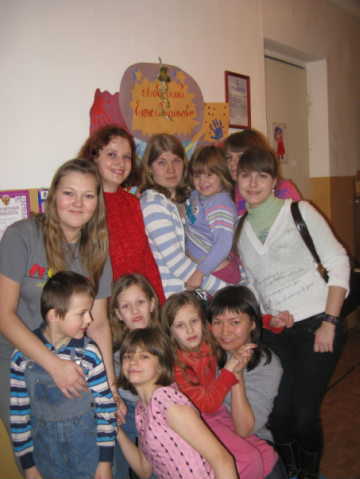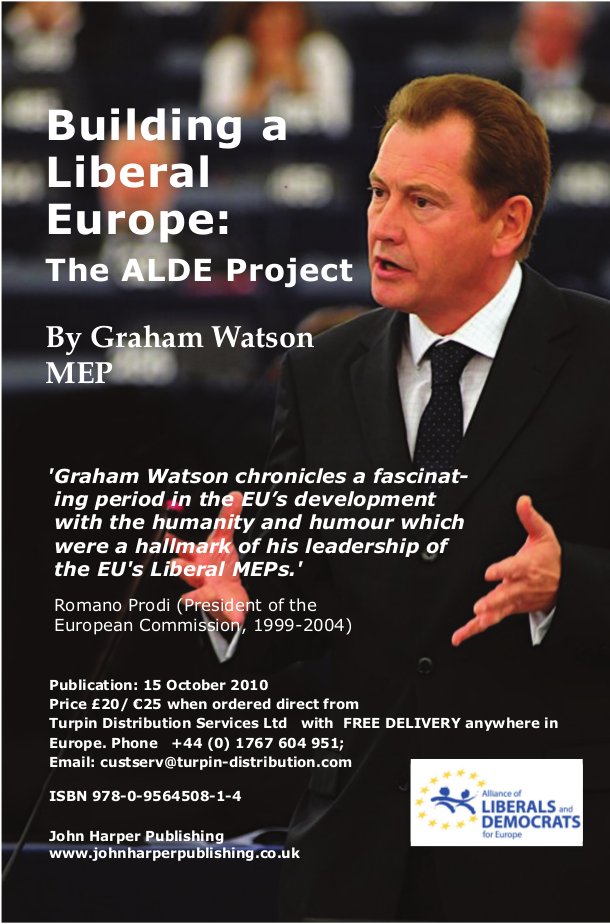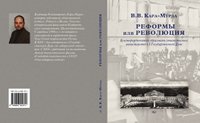Grigory Yavlinsky officially nominated candidate to the post of President of the Russian Federation
Report from Yabloko’s pre-election congress
22.12.2017
Today, on 22 December, the Yabloko party congress nominated Grigory Yavlinsky as candidate for the presidency of Russia. Such a decision was made the day before by congress delegates’ secret ballot voting. Today’s part of the congress was held at the World Trade Centre and attracted considerable attention of the public and the media. At the congress Yabloko’s leaders and allies expressed their support for Yavlinsky’s candidacy: according to most of the speakers, the main arguments in favour of Yavlinsky are his unique economic competence, his pragmatic view of foreign policy and high human qualities. Yavlinsky in his speech noted that the prime task on the post of the head of state should be overcoming poverty in the country.
Opening the event, Nikolai Rybakov, Deputy Chairman of Yabloko and head of Yabloko’s election headquarters, said that “the presidential campaign that we are starting today is important for each of us. This is a campaign for the future of our country.”
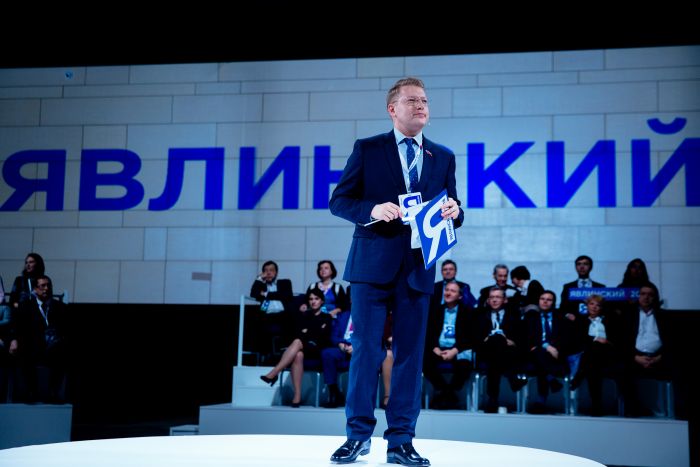
“We need new goals, and only a new leader can bring along the new goals. We have such a leader, it is Grigory Yavlinsky,” this is how Yabloko Chair Emilia Slabunova opened the debate.
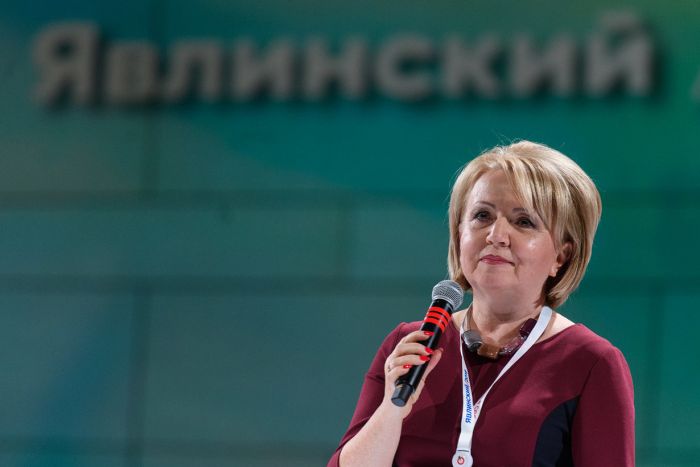
“Yavlinsky knows everything the president needs to know. And the president needs to know the way to the future, rather than a path to the past. He should know how to properly build a team, rather than retinue. He should know how to make friends, not enemies, how to build a cooperation, not dependence. How to protect citizens, and not the purses of his friends,” Slabunova said.
“Yavlinsky is a true patriot,” Emilia Slabunova continued. “He could have been a fine, brilliant professor at Harvard or Cambridge, but his soul hurts for Russia.” We call on all Russian citizens to support the leader with whom Russia will have a future – a rich, prosperous and peaceful future. The future of Russia is Yavlinsky! ” Slabunova stressed.
Speaking after Yabloko Chair, Yevgeny Gontmakher, chief researcher of the Institute of the World Economy and International Relations of the Russian Academy of Sciences, noted that “Russia is facing a turning point” and explained “why it is Grigory Yavlinsky who meets the key tasks of Russia”:
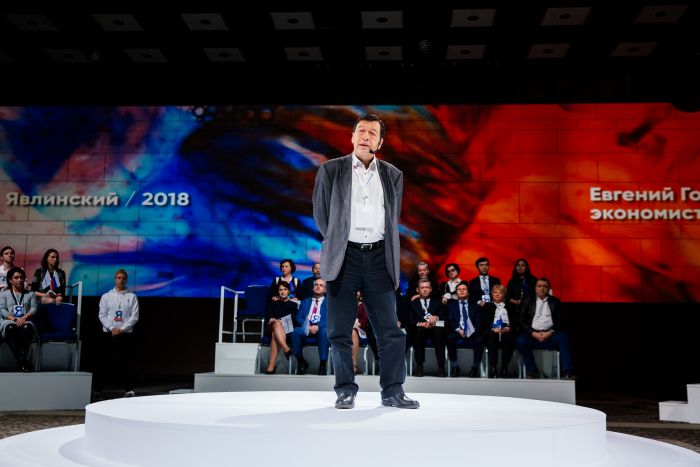
“The first goal is peace. Today Russia is in war – this is about Ukraine, and [there are also] our other foreign policy adventures. We need a different foreign policy, so that we could normally develop as a European country. Grigory Yavlinsky have been always speaking about it,” Gontmakher said.
He stressed that he shared Yavlinsky’s economic views. He emphasized that the economy should work for every citizen, noting that Yavlinsky had long and successfully worked in the social sphere long before his political career: “Grigory Yavlinsky has a [proper] basis – he knows what it is when politics and economics are oriented toward people,” Gontmakher said.
Sergei Mitrokhin, leader of the Moscow branch of Yabloko and head of Yabloko’s Anti-Corruption Policy Centre, focused on other aspects of Grigory Yavlinsky’s participation in the presidential race.
“For many self-respecting, honest and thinking citizens of Russia, the forthcoming elections are not so much a political, but a moral problem,” Mitrokhin said marking not only Grigory Yavlinsky’s exclusive competencies in the field of economy and foreign policy, but also his “impeccable political reputation” and independence, as well as his personal courage as a politician. Sergei Mitrokhin, in particular, recalled that Grigory Yavlinsky risked his life rescuing Russian prisoners of war during the first was in Chechnya and children from the terrorists captured in Moscow at a theatre in Dubrovka.
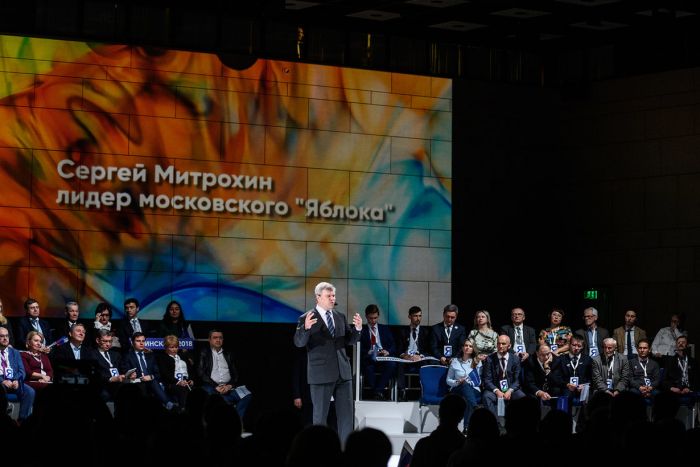
Mitrokhin urged Russian voters to come to the polls on 18 March, “Our political system is built in such a way that we can not but participate in elections. If you sit at home, someone else will vote instead of you. Another hand will drop you ballot into the urn,” Sergei Mitrokhin said.
Yabloko allies also spoke at the congress. Independent politician Vladimir Ryzhkov was one of them. He called Yabloko and Grigory Yavlinsky the only Russian political force capable of leading the country out of the deadlock, society from apathy, and the economy from depression, and propose the nation the image of the future and the road to such a future. According to Ryzhkov, for over 20 years Yabloko had been taking a “consistent and valuable” stance at the most important stages of the country’s development.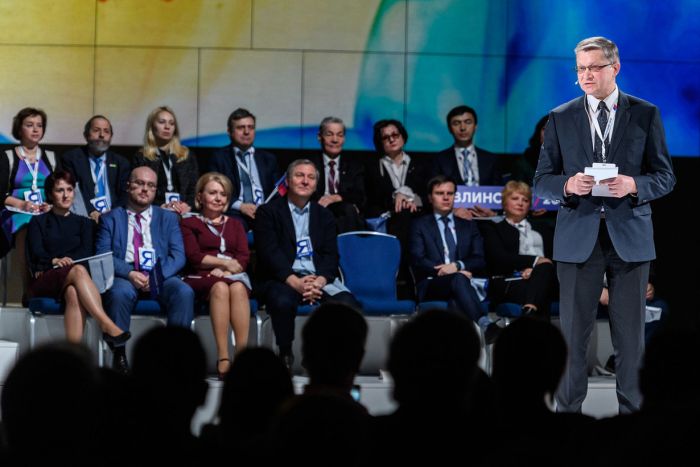
Vladimir Ryzhkov also spoke against the idea of boycotting the elections. He indicated that such a strategy, was “immoral and destructive”. He promised that in these elections he would be Yavlinsky’s “agitator and activist” and called everyone to follow his example.
Ex-Mayor of Petrozavodsk Galina Shirshina in her speech returned to the topic of economy and its connection with the foreign policy. “It’s dangerous to live in our country now, because the economy depends on politics and absurd foreign political activities, rather than is centred around the interests of a people,” Shirshina said.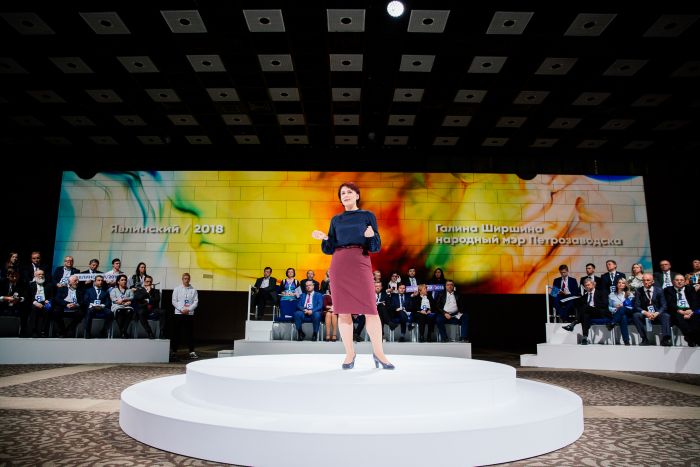
Being a notable regional politician, Galina Shirshina also noted that Yavlinsky’s programme paid special attention to the solution of local self-government problems.
Journalist Vladimir Mukusyev quite unexpectedly began his speech with an appeal to Vladimir Putin. He said that not just delegates, but “people whose support can not be bought” gathered at the congress, and also recalled that Grigory Yavlinsky’s programme 500 Days Plan had been offered to the leadership of the country as an alternative to the Yegor Gaidar “shock therapy” reforms in 1990.
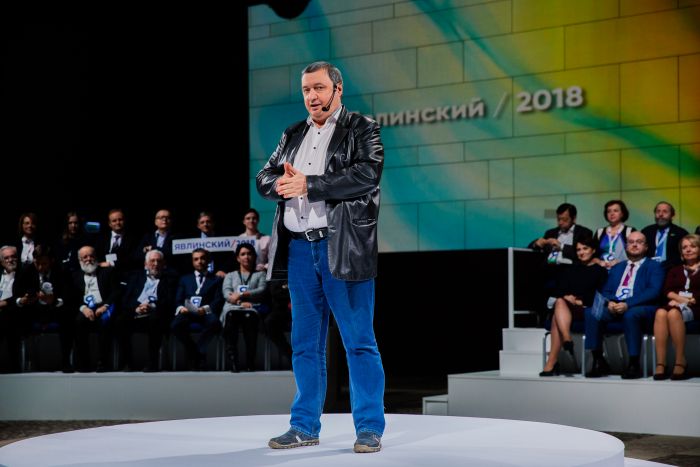
“The country was at a cross-road then. What to do? There was no economic programme. Grigory Yavlinsky proposed his 500 Days programme, a programme offering a way out of this situation instead of mass rallies “Down with..!”. But not only this programme was not adopted, but not a single economic programme was adopted. And the whole country began to live on the principle of “rob what was robbed”, Mukusyev stated, expressing the hope that Yavlinsky’s unique professional and leadership qualities would still be in demand.
Igor Nikolayev, Professor of the Higher School of Economics and Doctor of Sciences, spoke about the economic part of Grigory Yavlinsky programme. He noted the principledness and perseverance with which Grigory Yavlinsky sought realization of his concepts, and also called Yavlinsky a like-minded economist “for the brain of bones”. According to Nikolayev, the economic crisis in the country is far from being over, and now, as never before, the country needs an economist who can offer professional solutions in this field.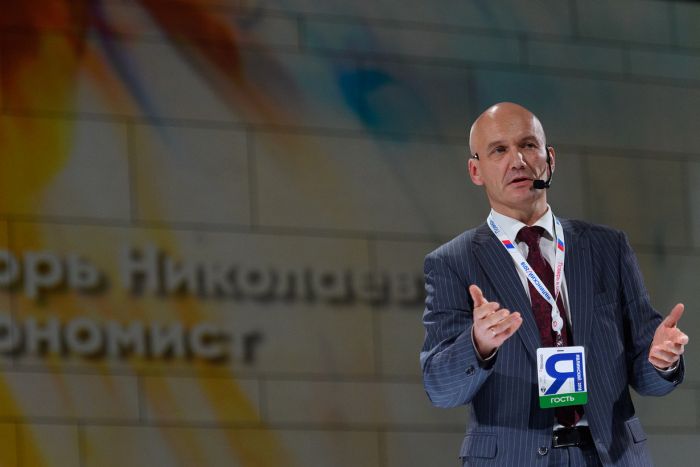
Lev Shlosberg, MP of the Pskov Legislative Assembly and member of the Federal Political Committee of Yabloko, noted that the reforms proposed by Yavlinsky were the reforms in the interests of the majority of Russian society. “Our mission is to return the meaning to the state, politics, elections and the power. Return power to the people. President Yavlinsky is needed today for the majority of Russian citizens. President Yavlinsky will return peace to Russia. President Yavlinsky will make Russia free, and, therefore, will save it,” Lev Shlosberg said.
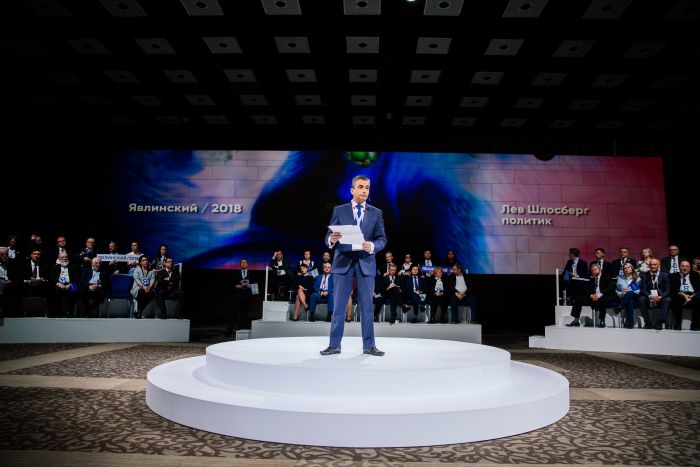
Politician Dmitry Gudkov noted that participation of Grigory Yavlinsky in the presidential elections would inevitably entail great difficulties connected with administrative pressure and propaganda. At the same time, Gudkov expressed his certainty that “Yavlinsky is doing everything right, because the campaign is a great chance to address people, show them an alternative in contrast to Russia’s rolling into an economic and political abyss.”
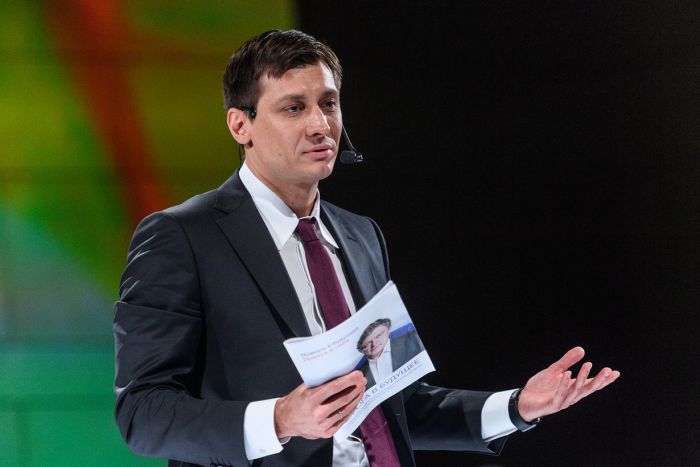
“For many years Yabloko has remained faithful to its principles. Having united with the [Yabloko] party and Grigory Yavlinsky at the State Duma elections [in 2016], we are together learning how to win again,” Gudkov said, referring to the successful September municipal campaign in Moscow. “This is just the first step, an important success story. Now we must consolidate and multiply these results”.
Academician Alexei Arbatov, member of the Federal Political Committee of Yabloko and head of the Centre for International Security of the Institute of the World Economy and International Relations of the Russian Academy of Sciences, singled out the foreign and military policies in Yavlinsky’s programme.
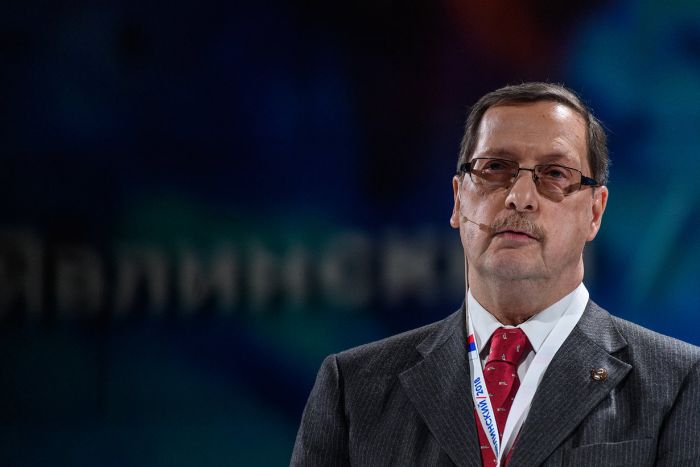
“A sensible foreign military policy has one main task: to ensure the conditions for economic prosperity and socio-political development of the country. It can not suck the juices out of its country, can not do it for the sake of flimsy geopolitical schemes and far-fetched global ideas,” Arbatov said, stressing that Russia’s foreign policy was facing a number of important tasks.
According to Arbatov, it is necessary to ensure political resolution of the crisis in Ukraine and around it, stop the political confrontation and the war of economic sanctions, stop Russia from being drawn into the hopeless wars in the Islamic South, get rid of the growing dependence on China and stop the new cycle of the arms race saving huge funds for peaceful purposes.
“It is necessary to do all this without undermining the prestige [of Russia] and without sacrificing Russia’s sovereignty, as it was in the past. I know only one presidential candidate who understands these tasks and is able to solve them – this is Grigory Alekseyevich Yavlinsky,” Acad. Arbatov said.
Alexander Gnezdilov, Deputy Chair of Yabloko and theatre director, noted that Grigory Yavlinsky’s programme was based on a combination of social and liberal approaches to politics: “The social part is important because Grigory Alexeyevich sympathises with other people. […] He is able to share the pain of another person. […] And the liberal part [of the programme] is important because Grigory Alekseyevich values human freedom, people’s right to elections. He does not seek to prejudge everything for us, but gives us the opportunity to be creative and act creatively,” Alexander Gnezdilov said, urging Russian citizens to come to polling stations on 18 March.
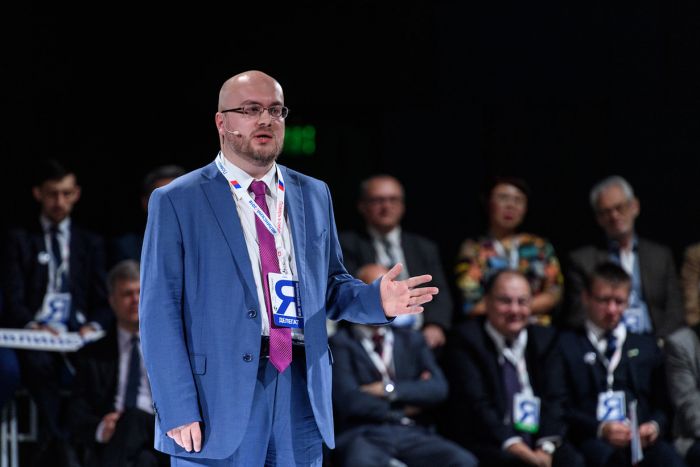
Grigory Yavlinsky began his speech with expressing gratitude to all those gathered at the congress and his supporters. The presidential candidate noted the key points of his presidential programme. He said that the first task that the future president would have to solve should be overcoming poverty.
“A quarter of families in Russia today assess their financial situation as bad and very bad,” Yavlinsky said. “30 per cent can not afford anything except food, 40 per cent of large families treat themselves as extremely poor. This figure is even higher for pensioners. 38 per cent can not pay housing and utilities bills,” Yavlinsky noted.
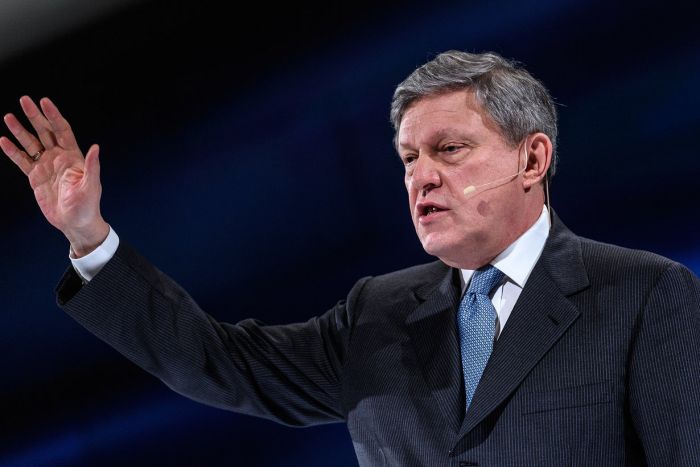
“There can not be a president in Russia who does not see and does not solve these tasks. The foundation of any economy and the evidence of growth is reduction of poverty,” Yavlinsky stressed proposing a number of definite measures to solve the problem.
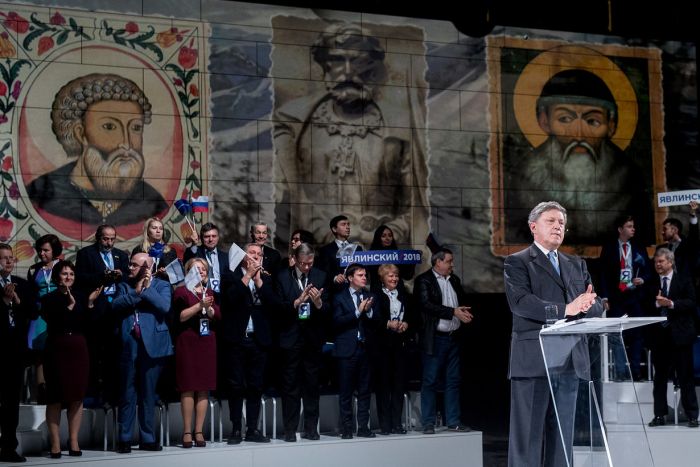
Among other priorities, Yavlinsky highlighted curtailment of Russia’s sanctions-based confrontation with the West, implementation of a large-scale programme Land-Housing-Roads, including the project of gasification of Russia, provision of affordable healthcare and education, and increasing life expectancy. “The reforms for the majority – such has been the slogan of Yabloko since 1995,” Yavlinsky stressed.
“A year ago, over 50 per cent of Russians did not attend the elections to the State Duma. The country neglected this day. But did this boycott change anything? What did it mean? This meant giving up, skepticism, lack of faith in one’s own strength. All this only distanced us from the goal. Hence, it is us who will act further. It is time to begin. We have a lot of work in our home country. […] You just need to raise your head, straighten your shoulders, believe that Russians are not a dust in the wind. Together we can create a new Russia, create a country where our children and grandchildren will be proud of, where we and they will live together happily, where our dreams can become true. For this, today one thing is needed: to believe in the future and to believe in oneself,” Grigory Yavlinsky said.
After the congress, Grigory Yavlinsky handed to the Central Electoral Commission a set of documents required for participation in the elections.
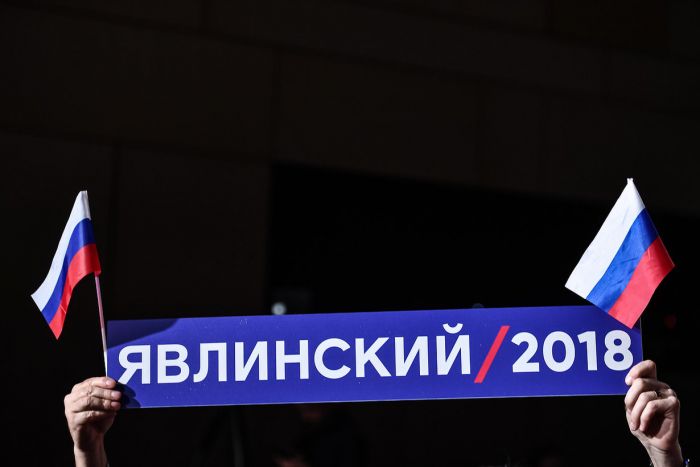
Posted: December 24th, 2017 under Presidential elections 2018.






